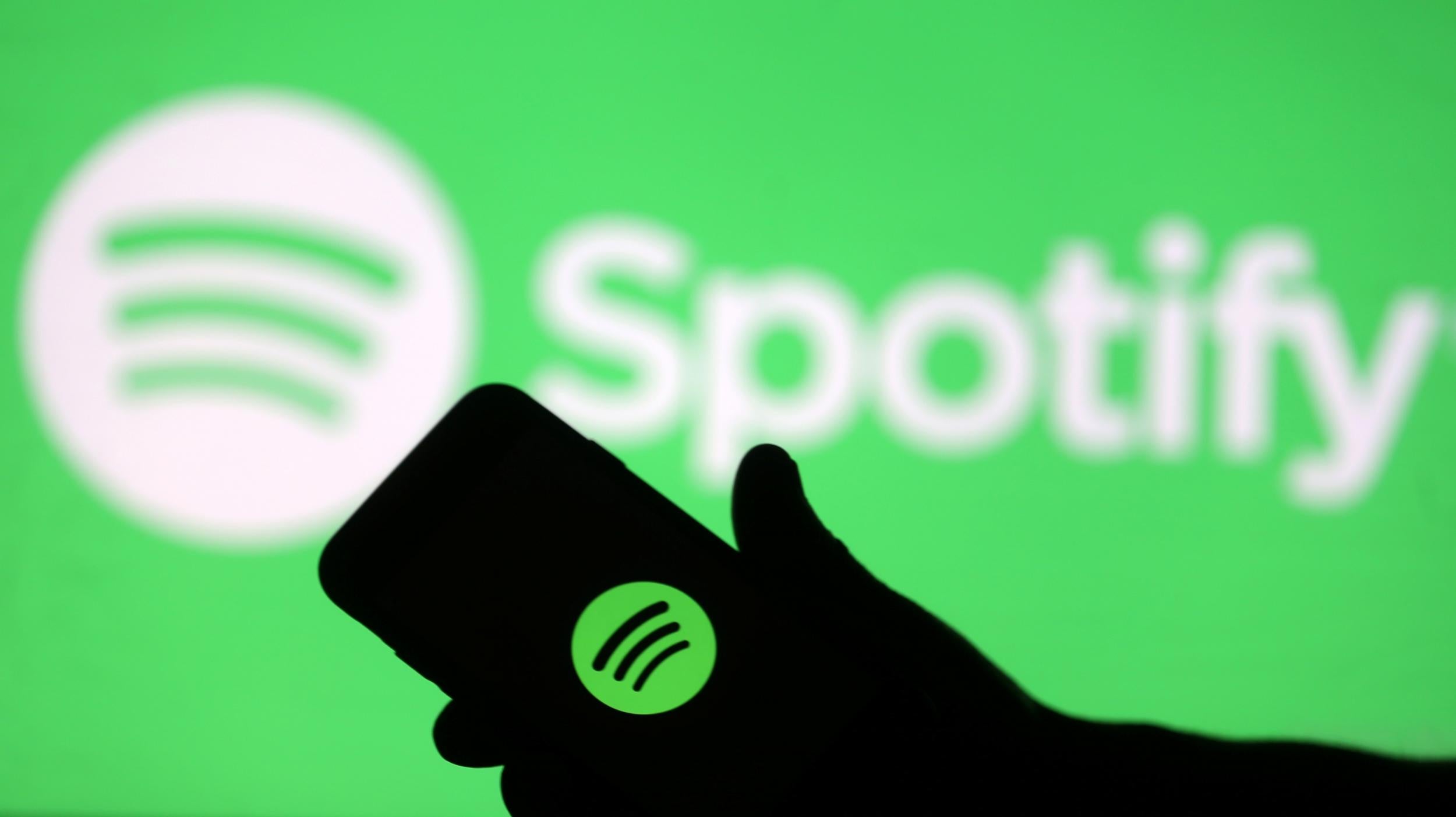Music piracy fallen dramatically over last five years thanks to streaming services such as Spotify and Tidal, survey reveals

Music piracy has fallen dramatically over the last five years, a new survey has revealed.
Published by YouGov, the report show that 10% of Britons illegally download music, down from the 18% who said they pirated in 2013. Of those who admitted to breaking the law, 22% said they expected to stop within the next five years.
“Spotify has everything from new releases to old songs, it filled the vacuum, there was no longer a need for using unverified sources,” said one respondent.
The survey found that 51% of surveyed people were frustrated when artists released music onto just one streaming platform – one example being Beyoncé and Jay Z’s recent release Everything is Love, which was released exclusively on Tidal.
They also discovered 35% of Britons believe acquiring music illegally has become increasingly difficult, and that 44% would pirate music if it was not available anywhere else.
YouGov Associate Director Justin Marshall said in a statement: “While illegal downloads still present a significant challenge to the music industry, there appears to be some light at the end of the tunnel. Our research reveals a change in behaviour, with those that previously attained music by unlawful means now being enticed by the low costs and ease of use associated with streaming.
“Simply put, many don’t feel they need to go to the same lengths to acquire the music they want, now they have it at their fingertips. Whether or not streaming is what finally banishes illegal downloads remains to be seen, but there are encouraging signs.”
Join our commenting forum
Join thought-provoking conversations, follow other Independent readers and see their replies
Comments
Bookmark popover
Removed from bookmarks